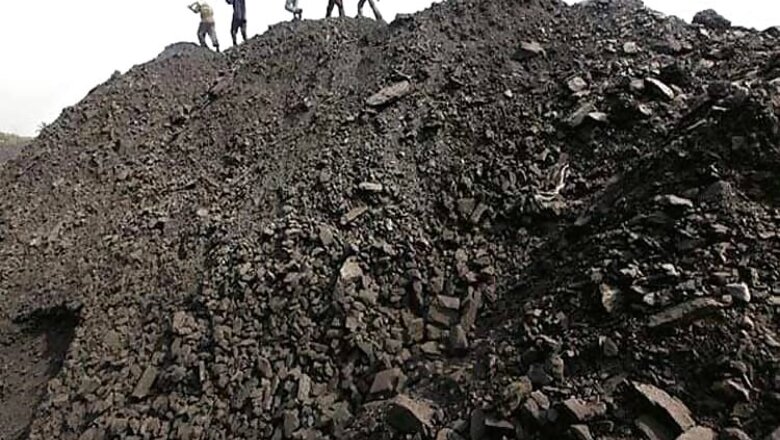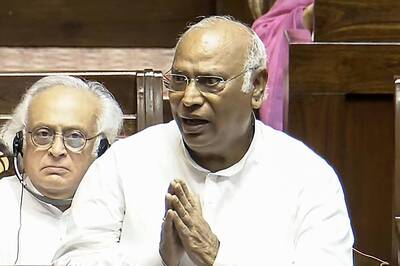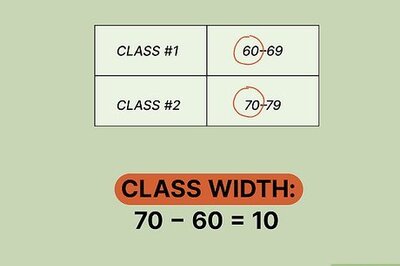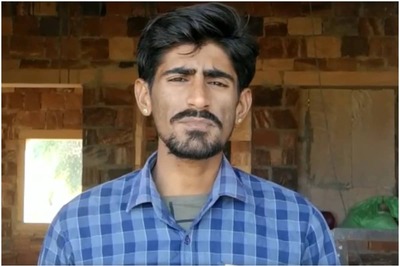
views
New Delhi: A special court on Wednesday fixed December 21 for hearing a coal block allocation case in which the Supreme Court had stayed the summons issued against former Prime Minister Manmohan Singh, industrialist Kumar Mangalam Birla and others.
The court deferred the matter as operation of its order summoning Manmohan Singh, Birla and others as accused in the case has been stayed by the apex court.
"Proceedings in the present matter have been, however, already stayed by the Supreme Court. The case be now put up on December 21," Special CBI Judge Bharat Parashar said.
The special court had on December 16, 2014 refused to accept the CBI's closure report in the case and directed the agency to further probe the matter and examine Manmohan Singh, who was also holding Coal portfolio at that time, and other PMO officials.
CBI had later filed a supplementary final report in the court which had on March 11 summoned as accused Singh, Birla, former Coal Secretary PC Parakh, Hindalco Industries Ltd and its two top officials Shubhendu Amitabh and D Bhattacharya in the case pertaining to alleged irregularities in allocation of Talabira-II coal block in Odisha in 2005.
The Supreme Court on April 1 had stayed the trial court order summoning them as accused and the proceedings before it.
In his plea in the apex court, Singh had contended that the trial court had exceeded its jurisdiction by attributing criminality in administrative decisions of the Prime Minister.
The plea had said that trial court's decision to summon the former Prime Minister was a "grave mistake both in law" and "understanding of evidence".
The special court, in its March 11 order, had said it was prima facie clear that "there was a concerted joint effort" by Parakh and Singh to "somehow accommodate M/s Hindalco in Talabira-II, coal block."
It had summoned the six accused for the alleged offences punishable under sections 120-B (criminal conspiracy) and 409 (criminal breach of trust by public servant, or by banker, merchant or agent) of the IPC and under the provisions of the Prevention of Corruption Act.




















Comments
0 comment